Publications
Articles, publications, books, tools and multimedia features from the U.S. Institute of Peace provide the latest news, analysis, research findings, practitioner guides and reports, all related to the conflict zones and issues that are at the center of the Institute’s work to prevent and reduce violent conflict.
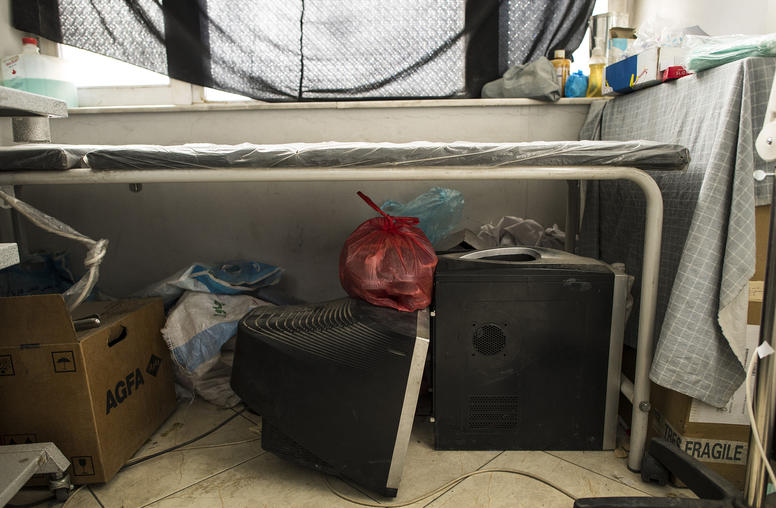
A New Afghan Law Preserves ‘Virginity Tests’ for Women
Afghanistan this year adopted a new penal code that moves the country toward meeting international standards on criminal justice. At the same time, it underscores the continued difficulties of reinforcing rights for Afghan women and girls. One reflection of this is its preservation of the discredited practice of “virginity testing”—a decision that Afghan women increasingly have opposed.
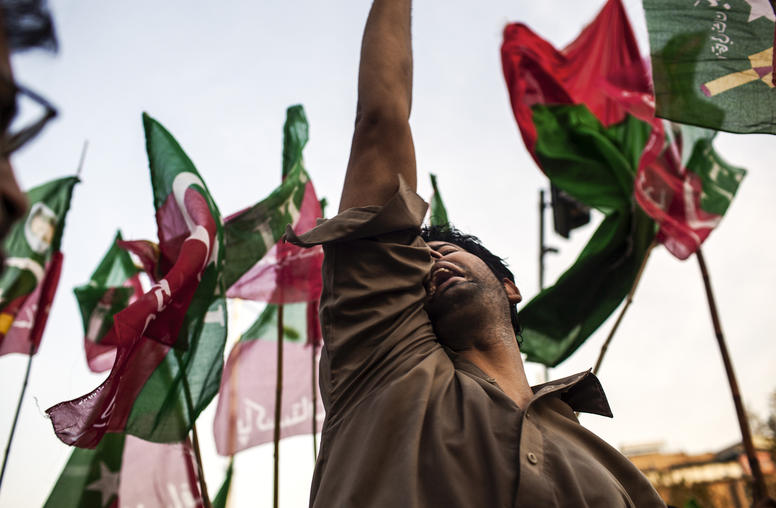
After a Volatile Election Season, What Now for Pakistan?
On July 25, Pakistanis went to polls, following the first time two successive governments have completed their five-year terms in office. USIP’s Pakistan experts discuss what this election will mean for Pakistani democracy, the role of the military in the electoral process, and the impact on U.S.-Pakistani relations.
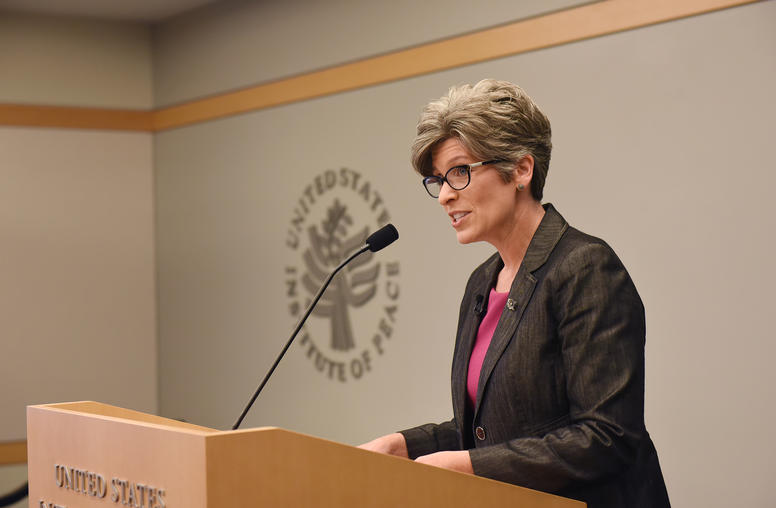
Iraq Mission Not Over for U.S., Senator Ernst Says
U.S. Senator Joni Ernst said that despite Americans’ weariness with U.S. involvement in Iraq, concerns about terrorism and regional stability make a continuing military commitment in the country a necessity. “Our first and our highest priority must be to ensure that the Iraqi government has the equipment and the training to conduct sustained and resilient counterterrorism operations,” Ernst said at the U.S. Institute of Peace.
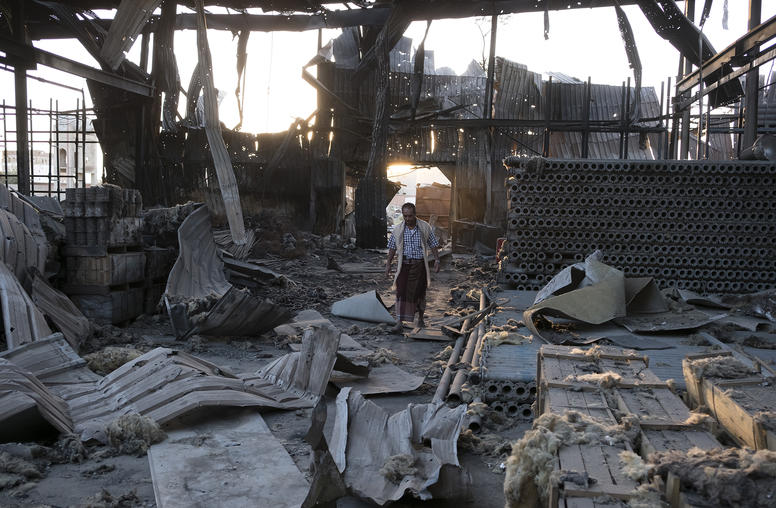
Can Yemen be Pulled Back from the Brink?
Before the war, Yemen was already the Arab world’s poorest country and nearly four years later more than three-quarters of the country’s population is in desperate need of aid and protection, with millions displaced. Further complicating the situation, the conflict has become another battleground in the regional Saudi-Iran power struggle. USIP’s Dr. Elie Abouaoun and Sarhang Hamasaeed analyze the multi-layered nature of the conflict, Yemen’s dire humanitarian situation and the prospects for peace.
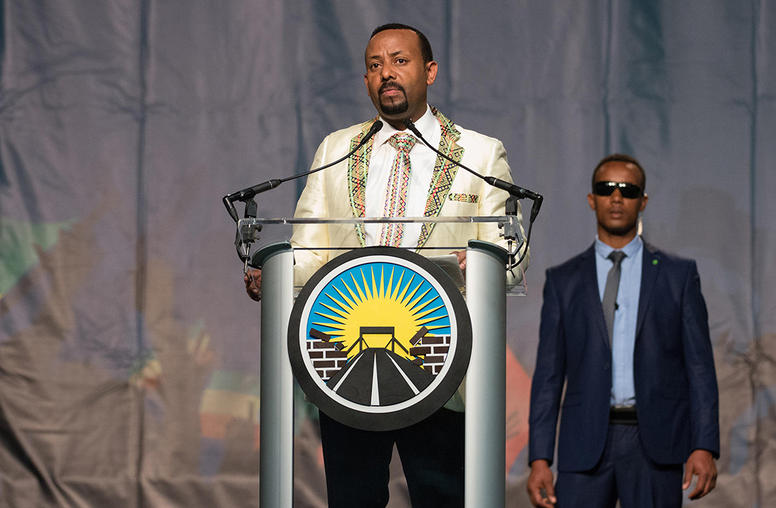
Ethiopia-Eritrea Peace Deal Brings Hope to Horn of Africa
Susan Stigant and Payton Knopf discuss what led Ethiopia and Eritrea to sign their recent peace deal, how it can improve the economic and humanitarian conditions in both countries, and the broader strategic and regional implications for the Horn of Africa and the Red Sea.
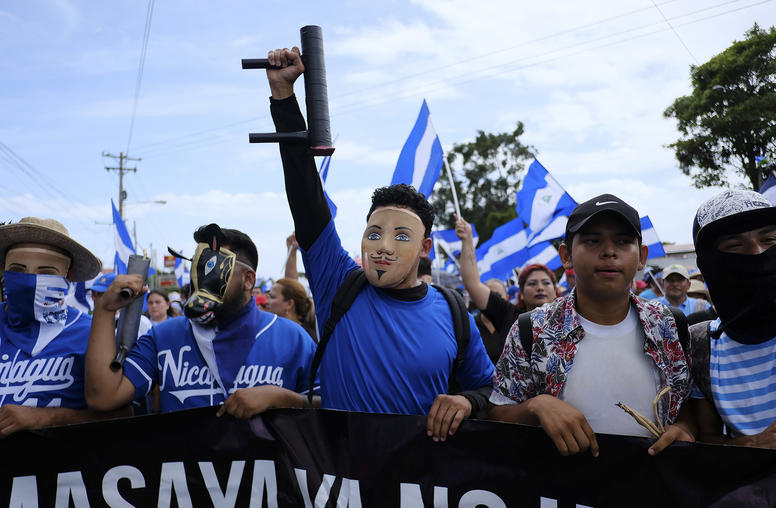
How Can Nicaragua’s Opposition Achieve a Breakthrough?
Only a few months ago Nicaragua was a spectator to the turmoil in Guatemala, Honduras and El Salvador that has led to a massive exodus of families seeking refuge by traveling north. Sadly because of the current tumult in Nicaragua, a new refugee crisis could be on the way. To prevent further escalation, the opposition and the Catholic Church should loudly and strategically embrace nonviolent discipline.
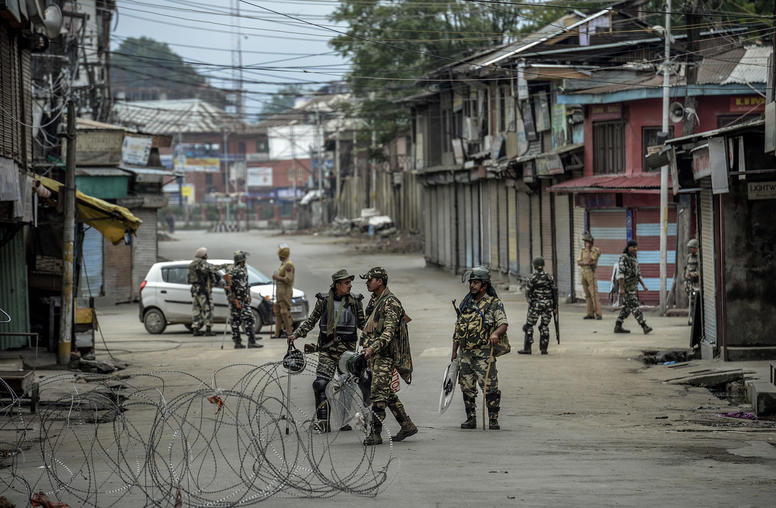
The Latest Kashmir Conflict Explained
USIP Jennings Randolph Fellows Dr. Tara Kartha and Ambassador Jalil Jilani look at the latest crisis in Kashmir from their respective views. Dr. Kartha was a member of India’s National Security Council for 15 years and has over 30 years’ experience in national security policy. Amb. Jilani, a career Pakistani diplomat, is a former ambassador to the U.S. and former foreign secretary. This post represents the views of the authors and not those of USIP.
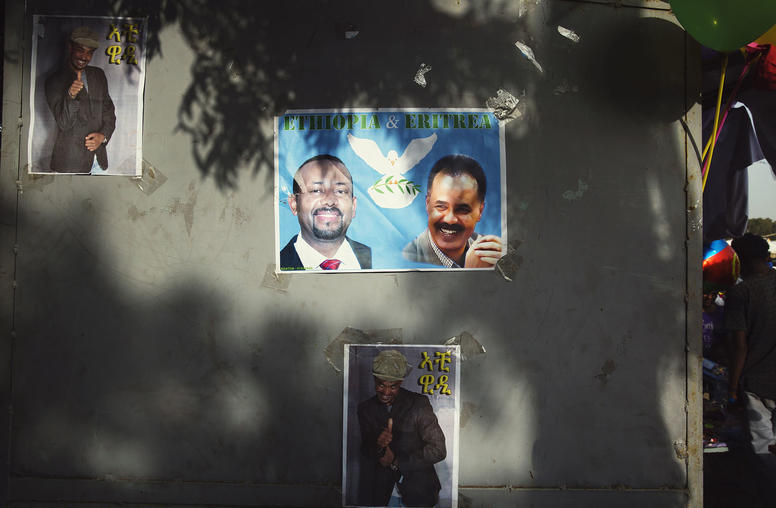
A Year After the Ethiopia-Eritrea Peace Deal, What Is the Impact?
Ethiopia and Eritrea signed a peace agreement just over a year ago to end two decades of a “frozen war.” The accord, which resolved a seemingly intractable border dispute after Ethiopian Prime Minister Abiy Ahmed took office and accepted an independent commission’s 2002 boundary decision, was greeted with tremendous optimism in both countries and by international observers.
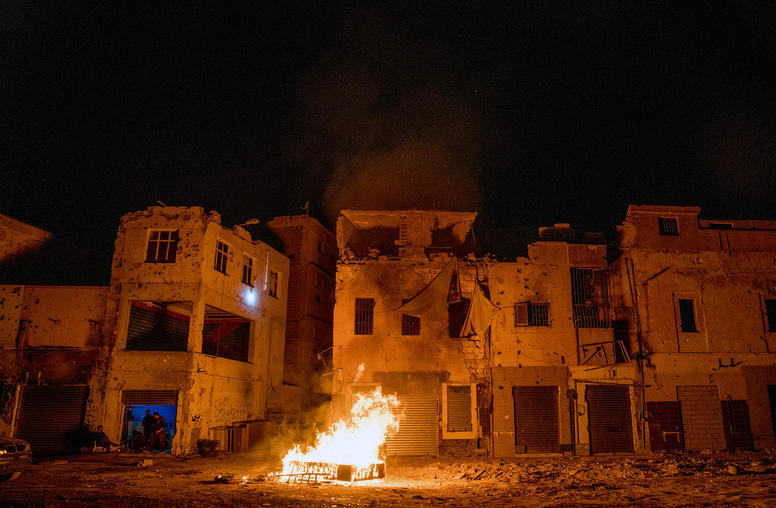
Factional Conflict Leaves Libya Deadlocked
In April 2019, Field Marshal Khalifa Haftar and his self-styled Libyan National Army launched an offensive to capture Tripoli from the U.N.-backed Government of National Accord seated there. Four months later, the result has been a virtual stalemate that has claimed over 1,000 lives. And while fighting on the ground is at a standstill, multiple regional actors continue providing air support and direct aid to either side. USIP’s Thomas Hill breaks down the current situation in Libya and the possibility for peace amid this deadly standoff.
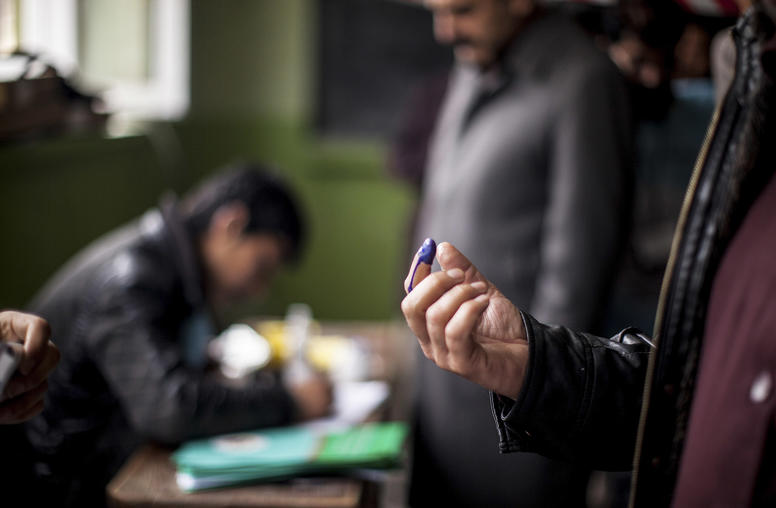
Walking a Fine Line: Holding Elections Amid Peace Processes
Elections that are organized amid a peace process can either destabilize or pacify a conflict. The vote can put significant pressure on a peace accord, as Colombia is experiencing today, or it can integrate formerly warring parties into the political process, as in Nepal’s 2008 Constituent Assembly elections. The timing of elections in relation to peace processes, as well as the inclusivity of the process itself, are critical in determining whether peace or conflict prevails at the polls.